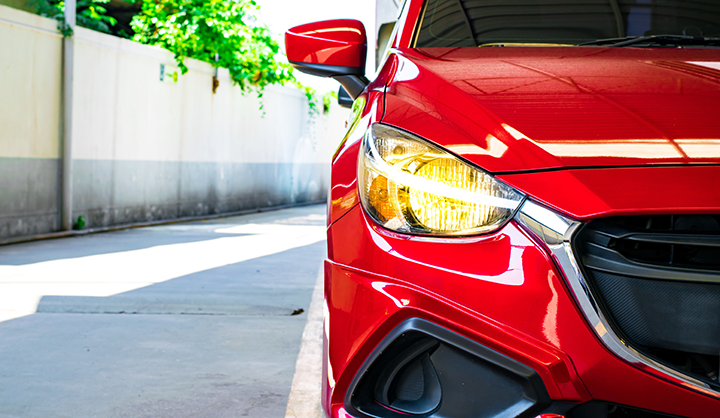Should You Buy GAP Insurance?

One of the first follow-up questions you’ll receive after securing an auto loan will be: Do you want to purchase GAP insurance?
GAP insurance is a supplemental product that serves in addition to your regular auto insurance. In a best-case scenario, you’ll never have to use it. But if the worst should happen, it can help offset thousands of dollars you would otherwise have to pay out of pocket.
What is GAP insurance?
GAP stands for Guaranteed Asset Protection. Its purpose is to protect you from having to pay the “gap” between your vehicle’s value and the amount you still owe on your auto loan in the event your vehicle is totaled or considered a complete loss.
GAP insurance is helpful because vehicles depreciate at a high rate. In fact, most new vehicles lose 20 percent of their value in the first year alone. This means the value of your car will not always match the balance left on your auto loan.
Consider this example: Say you purchase a vehicle with an auto loan for $35,000. After a year, the vehicle has depreciated to a value of $28,000. During that year, you’ve paid down your auto loan to a balance of $30,000. If your vehicle is totaled at that point, your auto insurance will cover the value of the vehicle ($28,000). But you will still need to pay the total balance left on your auto loan ($30,000). This means you’ll be on the hook for $2,000 (the difference between $30,000 and $28,000). If you have GAP insurance, you won’t have to pay this.
How much does GAP insurance cost?
According to the Insurance Information Institute, including GAP insurance with your collision and comprehensive coverage only adds about $20 to your annual premium. You can usually purchase this form of insurance from a dealership, but you will probably receive a better deal by purchasing through an insurer. Generations, for example, offers GAP insurance with our auto loans that also includes a $2,500 allowance to finance a replacement vehicle.
When is it appropriate to buy GAP insurance?
Whether or not GAP insurance is worth purchasing depends largely on the terms of repayment and expected depreciation of the vehicle. However, some general rules of thumb for when it’s appropriate to purchase GAP insurance are:
- You made a down payment of less than 20%
- Your vehicle is financed for 60 months or longer
- You rolled over a previous auto loan balance into the new loan
- You expect the vehicle to depreciate faster than normal
When do you NOT need GAP insurance?
It should be noted that in some cases, GAP insurance may not be worth the expense. In situations where the value of your vehicle far exceeds the amount left on your auto loan, your existing insurance may cover all expenses in the event of a total loss. If that’s the case, then you don’t need to buy GAP insurance.
Similarly, if the term on your auto loan is relatively short (for example, a year or less), you probably don’t need GAP coverage. A shorter loan means a smaller window of time to use this insurance. It could also imply that your vehicle is close to pay off, and therefore the value of the car is close to exceeding (or may already exceed) the balance on the auto loan.
Should you buy GAP insurance?
To answer this question, you’ll need to weigh benefits against risks. Will the balance of your auto loan far outweigh your vehicle’s value during the course of paying it off? For how long? And if so, will you need help paying the difference if a worst-case scenario should arise?
It’s also important to fully understand the terms of your GAP coverage. Not all products are created the same, and there may be some scenarios in which GAP insurance will not kick in. Be sure to ask your insurer or the dealership if this is the case.
GAP coverage isn’t best for everyone. But when appropriate, it’s a low cost product to give you peace of mind.
